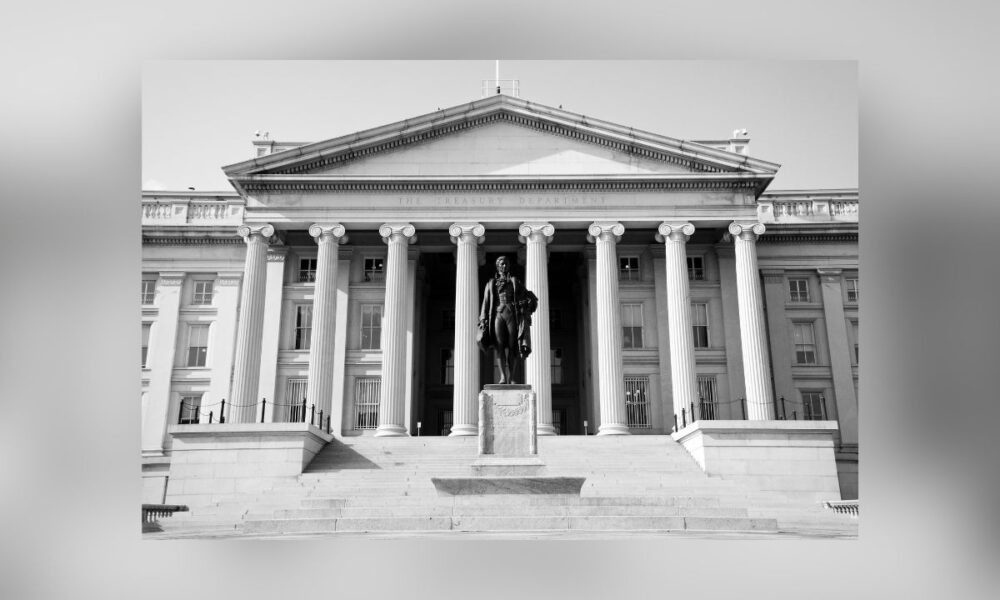The U.S. Treasury Department sanctioned two Mexican cartels and seven cartel members on Thursday for drug trafficking, terrorism, and extorting farmers in a sweeping action targeting criminal groups fueling violence across Mexico.
The sanctions against Carteles Unidos and Los Viagras mark the latest effort by federal agencies to dismantle revenue streams for cartels threatening American and Mexican communities through fentanyl trafficking, kidnappings, and agricultural extortion.
“Today’s sanctions action draws further attention to the diverse, insidious ways the cartels engage in violent activities and exploit otherwise legitimate commerce,” Treasury Secretary Scott Bessent said in a press release. “Treasury, alongside our partners in U.S. law enforcement, will continue to target every effort by the cartels to generate revenue for their violent, criminal schemes.”
The action coincides with the unsealing of federal indictments against five cartel members and the announcement of State Department reward offers for information leading to their arrests.
Both cartels operate in Michoacan, western Mexico’s agricultural heartland, where criminal groups battle for control of drug routes and extortion rackets. The violence has disrupted avocado exports to the United States and threatened American agricultural officials.
Carteles Unidos, designated a Foreign Terrorist Organization in February, produces synthetic opioids for trafficking in U.S. markets and has been linked to the recruitment of foreign mercenaries and the use of improvised explosives against Mexican soldiers.
The group’s leader, Juan Jose Farias Alvarez, known as “El Abuelo,” has committed multiple murders and trafficked drugs, according to the Treasury Department. His lieutenant, Luis Enrique Barragan Chavez, called “Wicho,” runs the cartel’s avocado extortion network.
Los Viagras, allied with the notorious Cartel de Jalisco Nueva Generacion, traffics methamphetamine and cocaine while extracting payments from citrus growers and cattle ranchers.
Mexican farmers face death threats for refusing cartel payments, with some victims forced to pay multiple groups competing for territory. The extortion schemes have expanded beyond agriculture to include land seizures and illegal logging operations.
The sanctions freeze all U.S. assets belonging to the designated individuals and organizations while banning Americans from conducting business with them.
Foreign banks risk secondary sanctions for processing transactions involving the sanctioned cartels. Treasury officials emphasized that removal from sanctions lists remains possible for those who change their behavior.
The coordinated action involved the Justice Department, DEA, FBI, Homeland Security, and Mexico’s Financial Intelligence Unit, building on recent Treasury efforts targeting cartel fuel theft, arms trafficking, and human smuggling networks.


